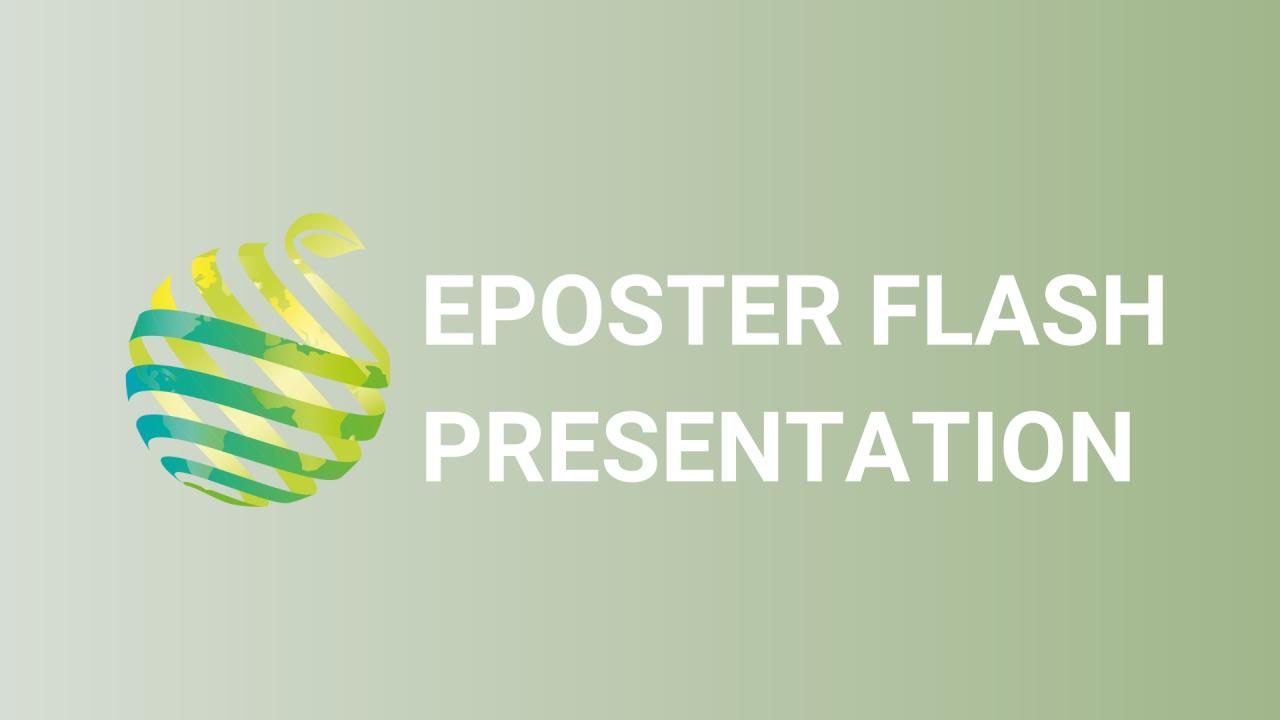

S15 - Session P4 - Does history count ? The case of a watershed in Martinique to illustrate the issues and power play between actors in the management of innovation
Information
Authors: Orianne Signarbieux *, Serge Simon, Laurent Parrot
The recognition of power relations, conflicting self-interests, and potential inequalities over time, is a first step towards towards sustainable and responsible value chains. In this paper, we focus on a 44 km2 watershed in an Island in the French West Indies, Martinique. This watershed concentrates different competing value chains, different power relations, different access to factors of production, and different business models. The elements in common between the stakeholders are the geographical location, the constraints of stringent norms and standards towards less dependence on synthetic pesticides, and a strong attachment to the island. We interviewed 54 farmers in vegetable, sugarcane and banana production. We analyzed the main drivers of change over time in the watershed and their impact over the current value adding and innovation management for pesticide reduction. We built a cartography of the stakeholders. We also builts a typology of farms based on their agro-economic performance and their capacity to change their farming practices. The results show systemic inequalities in land access, labor, technology, and access to credit between export oriented farms and the other export oriented farms. These systemic inequalities find their roots in the course of an history of power relations. These power relations are also influenced by the structural rent-seeking strategies provoked by the ultra marine status of remote islands attached to the European Union. We discuss the opportunities for new alliances between the different stakeholders based on 1) higher farm-gate prices to small farms in order to influence the opportunity costs in favor of new certification schemes, 2) investments human capital among extension services, and 3) higher and better targeted subsidies to small vegetable farms in order to reduce the current transaction costs to access the subsidies.